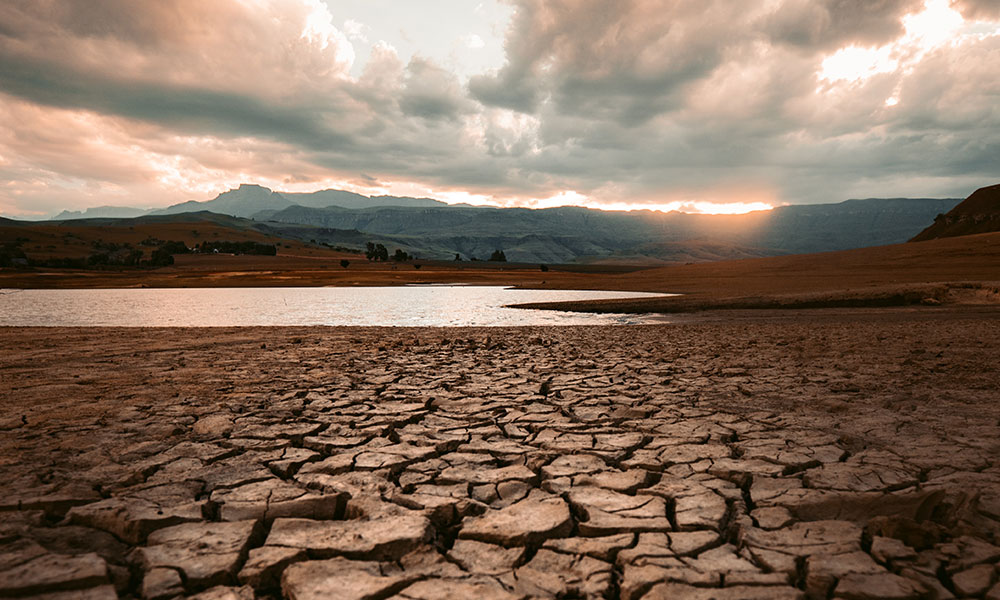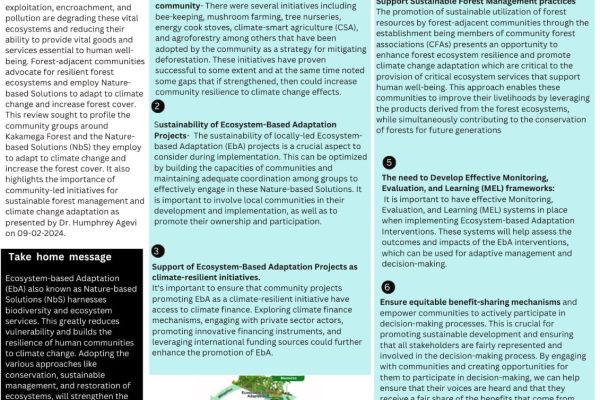The COVID-19 pandemic has put enormous strain on global economies, social settings, the ecological environment, as well as the energy supply and access systems that support them. This is in addition to the already significant impacts of climate change, which include changing weather patterns, rising sea levels, and more extreme weather events. The poorest and most vulnerable people in the developing world especially the African continent are being affected the most.. Heightened climate action is therefore pertinent to overcoming the apparent development crisis in the world in general, and Africa in particular, towards low-carbon development and climate-resilient pathways.
As governments try to resuscitate the global economy by injecting billions, if not trillions of dollars, there is an emerging debate on how these funds should be used. Some have noted the need to shift the huge financial stimulus to investing in clean energy, as opposed to supporting fossil fuel energy. Others have noted the need to invest in strengthening the resilience of societies to the impacts of climate change. These debates call for deeper reflections into the COVID-19 nexus.
The third series on Low-carbon Development and Climate Resilience in the Post-COVID World was held on 30th September 2020. The seminar outputs include;
-
- Concept Note
- Technical Report
- Info Brief
- Seminar video recording




